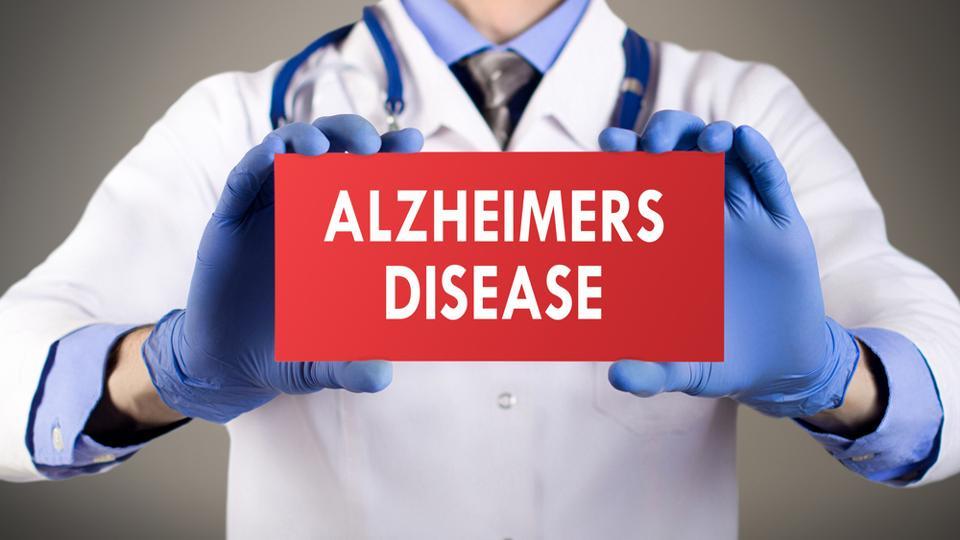Forgetting things but unaware of it? You may be at risk of developing Alzheimer’s disease

Canadian researchers have found that although memory loss is an early symptom of Alzheimer’s disease, it is those who are unaware of the problem that are more likely to go on to develop the condition. Carried out by researchers at Ontario’s Centre for Addiction and Mental Health (CAMH), the new study is believed to be the largest of its kind on illness awareness, looking at data on 1,062 people. Earlier research said that menopause could trigger Alzheimer’s, but a diet rich in antioxidants could help.
Participants were aged 55 to 90, with the group including 191 people with Alzheimer’s disease and 499 with mild cognitive impairment, with 372 as part of the healthy comparison group. In order to identify which parts of the brain were affected in impaired illness awareness, the team looked at the brain’s uptake of glucose, a type of sugar. Brain cells need glucose to function, but uptake is impaired in Alzheimer’s disease.
Using PET brain scans, the team found that participants with impaired illness awareness, who were not aware of their memory loss, also had reduced glucose uptake in specific brain regions. The link was still there even when the team had taken into account other factors linked to reduced glucose uptake, such as age and the severity of memory loss. Those who were aware of their memory problems however, were unlikely to develop dementia.
“If patients complain of memory problems, but their partner or caregiver isn’t overly concerned, it’s likely that the memory loss is due to other factors, possibly depression or anxiety,” says lead author Dr. Philip Gerretsen, Clinician Scientist in CAMH’s Geriatric Division and Campbell Family Mental Health Research Institute. “They can be reassured that they are unlikely to develop dementia, and the other causes of memory loss should be addressed.”
The team also pointed out that if patients don’t feel they have any memory problems, then this is likely to distress partners or caregiver. It has already been shown that for Alzheimer’s disease, lack of awareness is linked to more burden on caregivers. For those concerned, unawareness of illness, also known as anosognosia, and memory loss can both be objectively assessed using questionnaires. The findings can be found published online in the Journal of Clinical Psychiatry.



